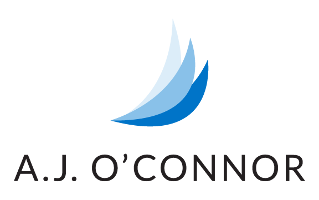
The ROI Of Leadership Coaching Article in HR.com
The following article on the ROI of leadership Coaching appeared in HR.com on August 2, 2024, written by A.J. O’Connor Associates President Shannon O’Connor Bock. Read the original article here.
Today, the estimated global revenue from coaching sits around 4.56 billion dollars. It comes as no surprise when analyzing the rise in online executive coaching. Since 2019, the industry has seen a massive 54% spike in worldwide industry growth.
This growth is primarily attributed to the increased access to such services and the high satisfaction levels among coaching clients. In fact, 99% of coachees have expressed satisfaction with their coaching experience. However, businesses today require hard data to back up investments.
Here is how to calculate the ROI of leadership coaching.
The Financial ROI of Leadership Coaching
With the majority of research showing qualitative data, quantitative is harder to come by. That said, the increase in its popularity has sparked many new studies. According to the IFC Global Coaching Study, 86% of companies calculated their return on investment and said they made back their initial investment, at the very least. Nineteen percent indicated an ROI of 50 times the investment. Twenty-eight percent saw an ROI of 10 to 49 times their initial investment. Here is how to calculate your ROI:
1. Select an area to study, such as increased revenue, increased productivity, higher customer satisfaction, increased retention, etc.
2. Estimate the internal impact through a handful of simple equations. Say your executive has seen an average of 10% reduction in turnover in the past two years as a result of coaching. If the average cost of recruiting, interviewing, and onboarding is $10,000 per job, you will save $2,000,000.
- 1,000 employees * 10% reduced turnover = 100 retained employees
- 100 retained employees * $10,000 saved on onboarding = $1,000,000 saved annually
- $1,000,000 annually * 2 years = $2,000,000
3. After estimating the internal impact, adjust the overall sum for impact. Savings can be attributed to coaching, as well as the manager’s experience and willingness to adapt. In our example, we will contribute 50% of the savings to coaching, leaving us with $1,000,000 in savings.
4. Now calculate the ROI. $1,000,000 in savings – Cost of coaching = ROI
Looking beyond the quantitative, leadership coaching has many other benefits that affect your bottom line. For example, leadership coaching can improve job satisfaction, company commitment and relationships with peers, executives and stakeholders. The new leadership style and affected relationships will lead to increased revenue, productivity and customer satisfaction.
At the end of the day, the ROI of leadership coaching will depend on the coachee’s willingness to adapt and desire to put in the work to implement a new style of leadership. It will also require a strong, trusting relationship between the coach and coachee. Executive coaching has the potential to become a powerful tool that will impact your business’s results if approached with the right mindset from all parties.
Beyond Monetary Gains
Leadership coaching plays an important role in nurturing human capital within all organizations. The IFC found that 80% of coachees reported increased self-confidence, and the National Institute of Health found a significant, positive effect on self-efficacy. Overall, coaching boosts personal growth and self-awareness among leaders. All of this contributes to the company culture.
Unconventional Returns
While financial and human capital metrics provide valuable insights, the true base of leadership coaching lies in how it transforms the overall individual and the workplace. Coaching should go beyond traditional ROI measurements, influencing self-confidence, leadership style, interpersonal relationships and company culture. A case study by the International Journal of Evidence-Based Coaching and Mentoring found women leaders benefited from the undeniable impact on self-awareness, self-leadership, and conflict-resolution skills.
The intangible benefits of coaching extend beyond monetary ROI; 85% of HR professionals believe coaching skills are essential for leaders to develop in the next three years. As companies maneuver an increasingly complex business environment, leadership coaching can provide valuable, much-needed support. By implementing coaching, leaders are empowered to reach their full potential and drive sustainable growth.
Leadership and executive coaching is a multifaceted investment. It will offer real-time value ranging from financial returns, nurturing human capital, benefiting company culture to unlocking opportunities and achieving sustainable growth. In today’s world, leaders are expected to quickly adapt, thinking both tactically and strategically while leading with confidence and compassion. Leadership coaching stands as an impactful solution to meet such requirements.
Learn more about AJO coaching programs here and start your Leadership Coaching path today.
Related Posts:
Empathy is an Overlooked Leadership Characteristic Impacting Your Workplace

